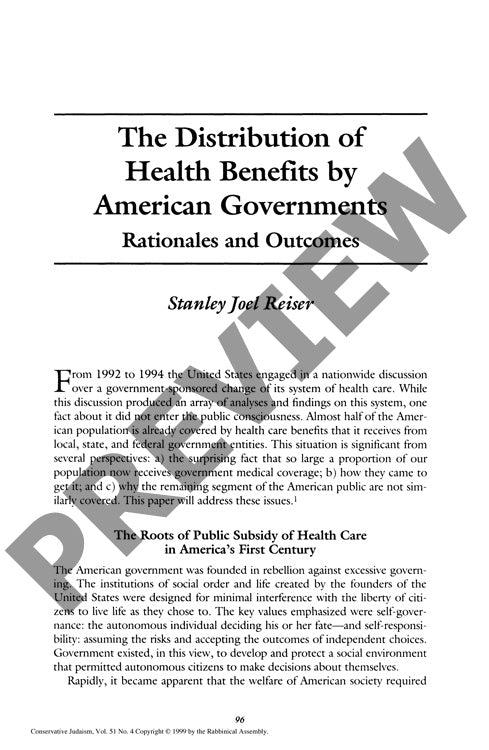The Distribution of Health Benefits by A
Couldn't load pickup availability
Nearly half of all Americans receive government-sponsored health benefits, revealing a patchwork system of coverage that evolved through two centuries of selective allocation. From the 1797 establishment of the Marine Hospital Service for merchant sailors to modern Medicare and Medicaid programs, government health care has expanded incrementally to protect specific populations: veterans, the elderly, the impoverished, public employees, and those with end-stage renal disease. Historical documentation and ethical analysis identify five fundamental criteria driving these coverage decisions: gratitude, stewardship, service, preservation of life, and egalitarianism. Today, approximately 112 million Americans receive government health benefits, including 27 million veterans, 36 million Medicare recipients, 30 million Medicaid beneficiaries, and 19 million government employees with dependents. Yet this selective approach has created a profound ethical contradiction: the very criteria used to justify coverage for these groups—vulnerability, service to society, and medical need—apply equally to many who remain uninsured. The resulting system violates core principles of justice and equal treatment, standing in stark contrast to stated American values of fairness and equality. These findings demonstrate the urgent need for comprehensive reform to resolve the ethical inconsistencies in American health care allocation.

More Information
-
Physical Description
-
Publication Information
Published 1999
ISBN
-
Publication Credits
Stanley Reiser

